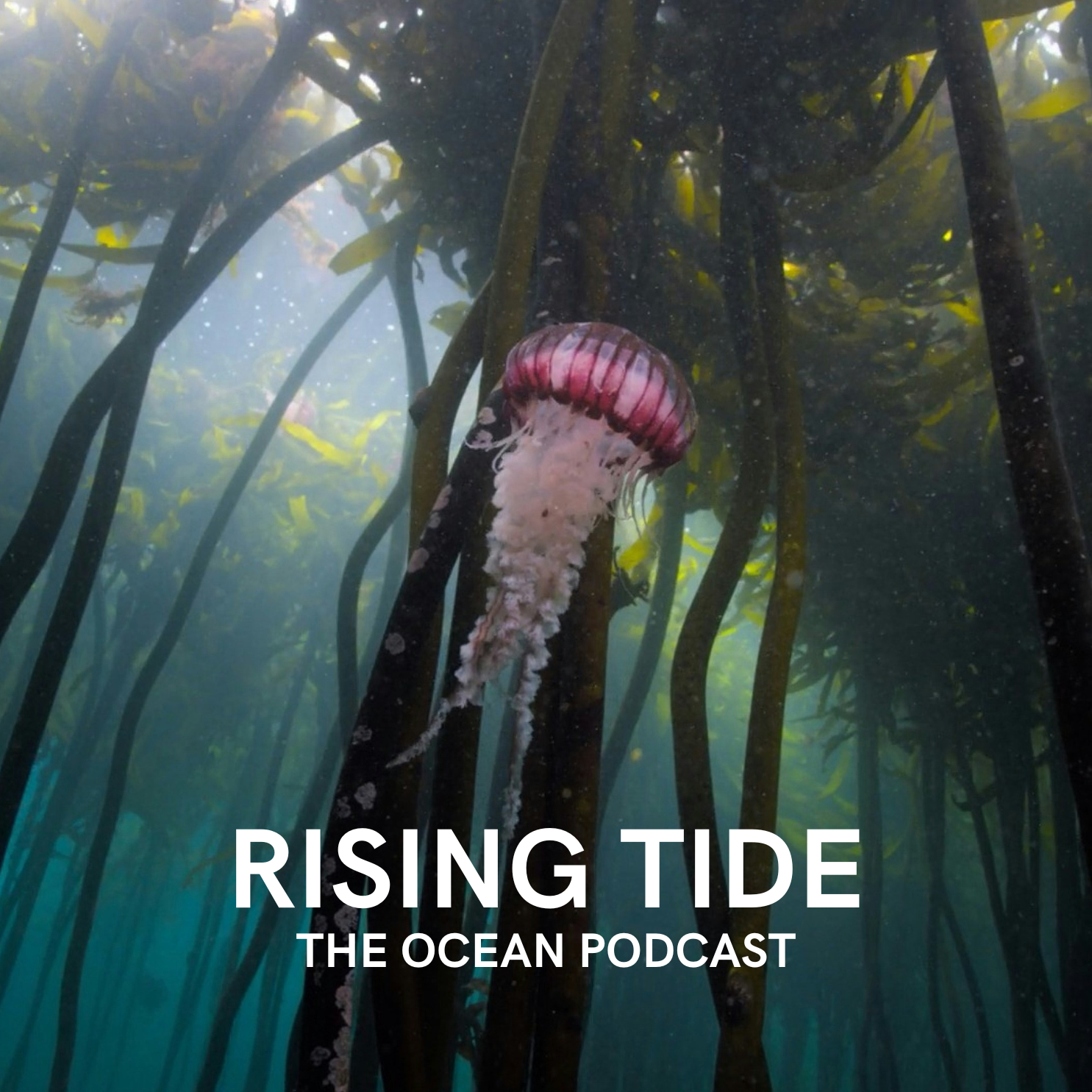Drew Harvell — Exploring the Secrets of the Sea
The Ocean's Menagerie: Invertebrates, Innovations, and Insights
In the latest episode of 'Rising Tide, the Ocean Podcast,' hosts David Helvarg and Vicki Nichols Goldstein of the Inland Ocean Coalition interview Dr. Drew Harvell, an esteemed professor of ecology and evolutionary biology at Cornell University. The discussion delves into the recent breakthrough in identifying the bacteria responsible for sea star wasting disease, which has decimated starfish populations and kelp forests on the West Coast. Dr. Harvell reveals her journey into marine biology, highlights her research on marine ecosystem health, and discusses her influential books, including 'A Sea of Glass' and 'The Ocean's Menagerie.' Dr. Harvell emphasizes the impact of pathogen pollution on marine life, the interconnectedness of human and environmental health, and the therapeutic potential of marine organisms. The episode underscores the critical need for better ocean management and the role of art in translating scientific knowledge to foster public interest and understanding.
A Path of Discovery and Collaboration
Throughout her career, Harvell's work at institutions like the University of Washington and Cornell University has focused on the health of marine ecosystems. Her research took a significant turn when she investigated sea star wasting disease, a devastating event that nearly wiped out several starfish species along the West Coast. After years of collaborative research, Harvell's team identified the bacterium responsible, a breakthrough for understanding and potentially mitigating future outbreaks.
The Ocean's Diversity: A Culinary and Creative Muse
Harvell's passion for marine life extends beyond research. Her role as a curator of invertebrates at Cornell introduced her to the exquisite Blaschka glass collection, inspiring her first book, "A Sea of Glass." This project highlighted the intersection of science and art, demonstrating how glass models of marine life can foster public appreciation for ocean biodiversity.
The Wonders and Perils of Marine Life
Harvell emphasized the concept of "pathogen pollution," the idea that land-based pathogens can impact marine environments. She highlighted cases like coral diseases in Florida linked to agricultural runoff, underscoring the intricate connections between terrestrial and marine ecosystems. Harvell advocates for natural solutions, such as seagrass meadows that reduce bacterial pollution, to maintain healthier oceans.
Inspiration from the Ocean’s Depths
Her latest book, "The Ocean's Menagerie," explores the remarkable biological capabilities of marine invertebrates. From bioluminescent jellyfish aiding biomedical research to the pharmaceutical potential of sponges, Harvell showcases how marine life not only enriches our understanding of biology but also offers solutions to human challenges.
A Future Filled with Biodiversity
Lastly, Harvell envisions a future where marine biodiversity thrives, painting a vivid picture of oceans rich in life and color. Her lifelong dedication to marine ecology reflects her commitment to not only studying the ocean but also inspiring others to cherish and protect it. This conversation provided a glimpse into the vast and interconnected world beneath the waves, illustrating how scientific exploration and artistic expression can inspire a deeper appreciation and commitment to preserving our oceans for future generations.


